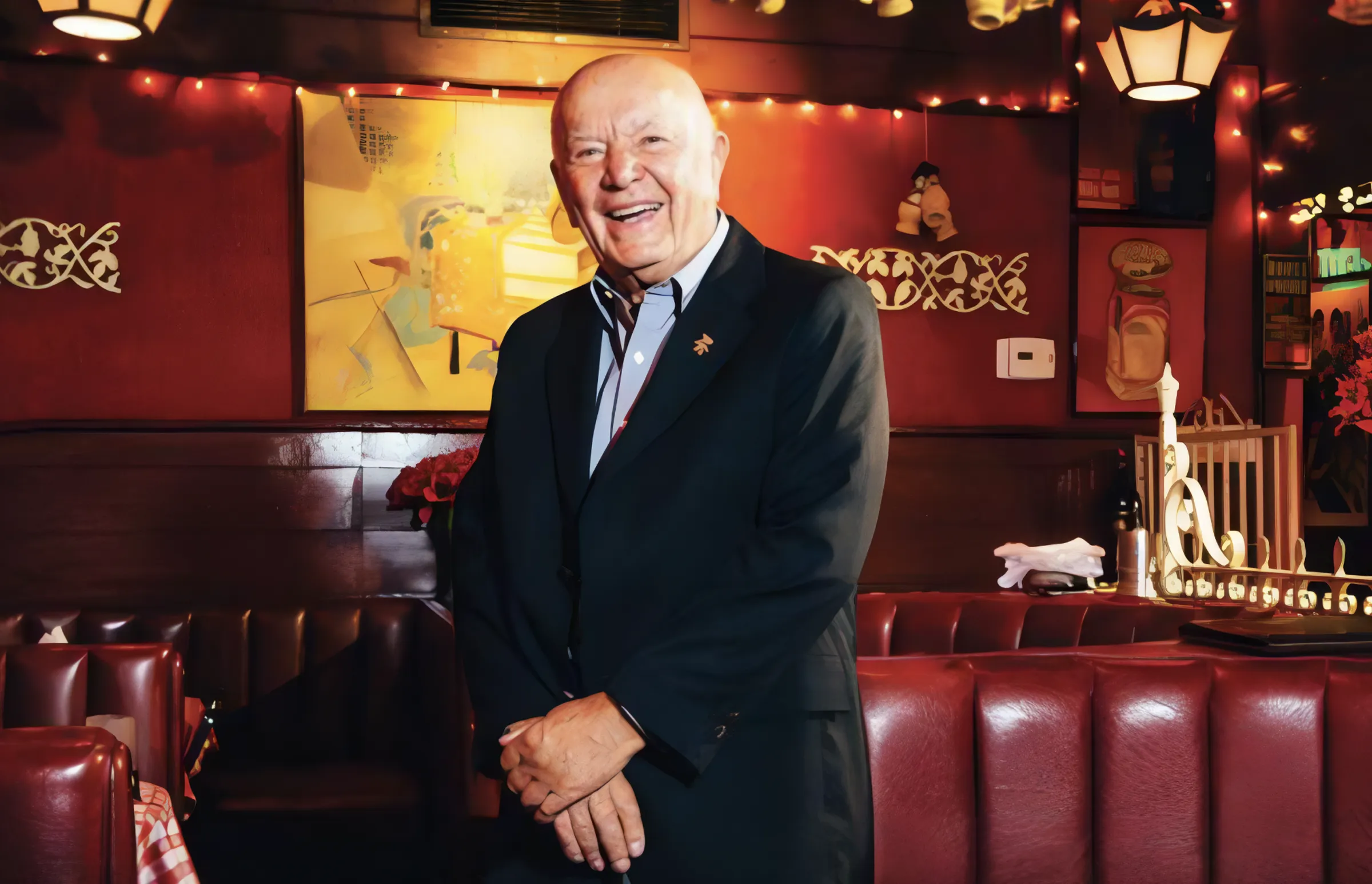The death of Dan Tana at the age of 90 evokes a profound sense of loss for those who cherish the unscripted magic of old Hollywood, a world where celebrities and everyday admirers mingled without pretense. Tana, born Dobrivoje Tanasijević in Serbia, founded his namesake restaurant in West Hollywood in 1964, creating an enduring sanctuary that became indispensable to the cultural life of nearby Beverly Hills. His passing on August 16, 2025, in Belgrade, Serbia, prompts reflection on how such intimate spaces have shaped the identities of communities like Beverly Hills, offering residents a rare blend of glamour, comfort, and connection that transcended mere dining.
At its core, Dan Tanas restaurant embodied a cultural bridge, drawing Beverly Hills residents into a realm of authentic hospitality that felt like an extension of their own sophisticated world. For locals weary of formal galas and polished estates, it provided a discreet retreat where they could savor hearty Italian dishes amid red-checkered tablecloths, all while rubbing shoulders with the eras greatest stars. This significance lay not in geography, but in the relationships it fostered; Beverly Hills, with its concentration of wealth and fame, found in Tanas establishment a vital outlet for genuine interaction, a place where privacy was respected and stories flowed freely.
Tanas own journey amplified this allure. A former Yugoslavian soccer player who arrived in Los Angeles in the 1950s, he honed his skills as a maitre d at venues like La Scala and Villa Capri before launching his venture. What emerged was a late-night haven, open until the early hours, that attracted icons such as Frank Sinatra, who reveled in its lively atmosphere; Marilyn Monroe and Joe DiMaggio, seeking solace; and James Dean, adding to its mythic lore. Subsequent generations followed suit: Clint Eastwood, Johnny Depp, Cameron Diaz, Harry Dean Stanton, Sammy Davis Jr., and Lauren Bacall all became fixtures, turning routine meals into legendary encounters. For Beverly Hills celebrities and residents alike, the restaurant offered more than sustenance; it served as a neutral ground where industry deals were sealed, creative sparks ignited, and lifelong bonds formed over veal parmigiana or pasta.
This cultural importance to Beverly Hills cannot be overstated. In a neighborhood defined by luxury and exclusivity, Tanas spot provided an antidote to isolation, reminding residents that true elegance stems from shared humanity rather than status. It preserved the essence of Hollywoods golden age, a time when stars were approachable neighbors, not distant figures on screens. Even after Tana sold the restaurant in 2009 to Croatian tycoon Mihajlo Perenčević and his wife Sonja, providing they kept the name of the restaurant, his presence lingered as its guiding spirit, sharing anecdotes that kept the past alive for new patrons. For Beverly Hills, this meant access to a living history, one that enriched daily life and reinforced the areas role as a hub of creativity and influence.
Yet, Tana's death compels us to confront a deeper reality: the gradual erosion of such havens threatens the vibrancy that defines places like Beverly Hills. In an age dominated by digital interactions and fleeting trends, institutions like his restaurant underscore the value of personal touch, the irreplaceable warmth of a host who knew every face and preference. Beverly Hills residents, particularly those in the celebrity sphere, owe much to Tana for sustaining this tradition, ensuring their community remained connected to the broader tapestry of Los Angeles lore.
As we bid farewell to Dan Tana, we honor not just a restaurateur, but a custodian of culture whose legacy endures in the memories of countless evenings. For Beverly Hills, his contributions affirm that the most profound impacts arise from simple acts of welcome, binding people across divides and preserving the soul of a city built on dreams.







Join the Conversation
Comments are available exclusively for registered subscribers. Sign up to read comments and share your thoughts on this article.
Get access to exclusive content, breaking news, and community discussions.